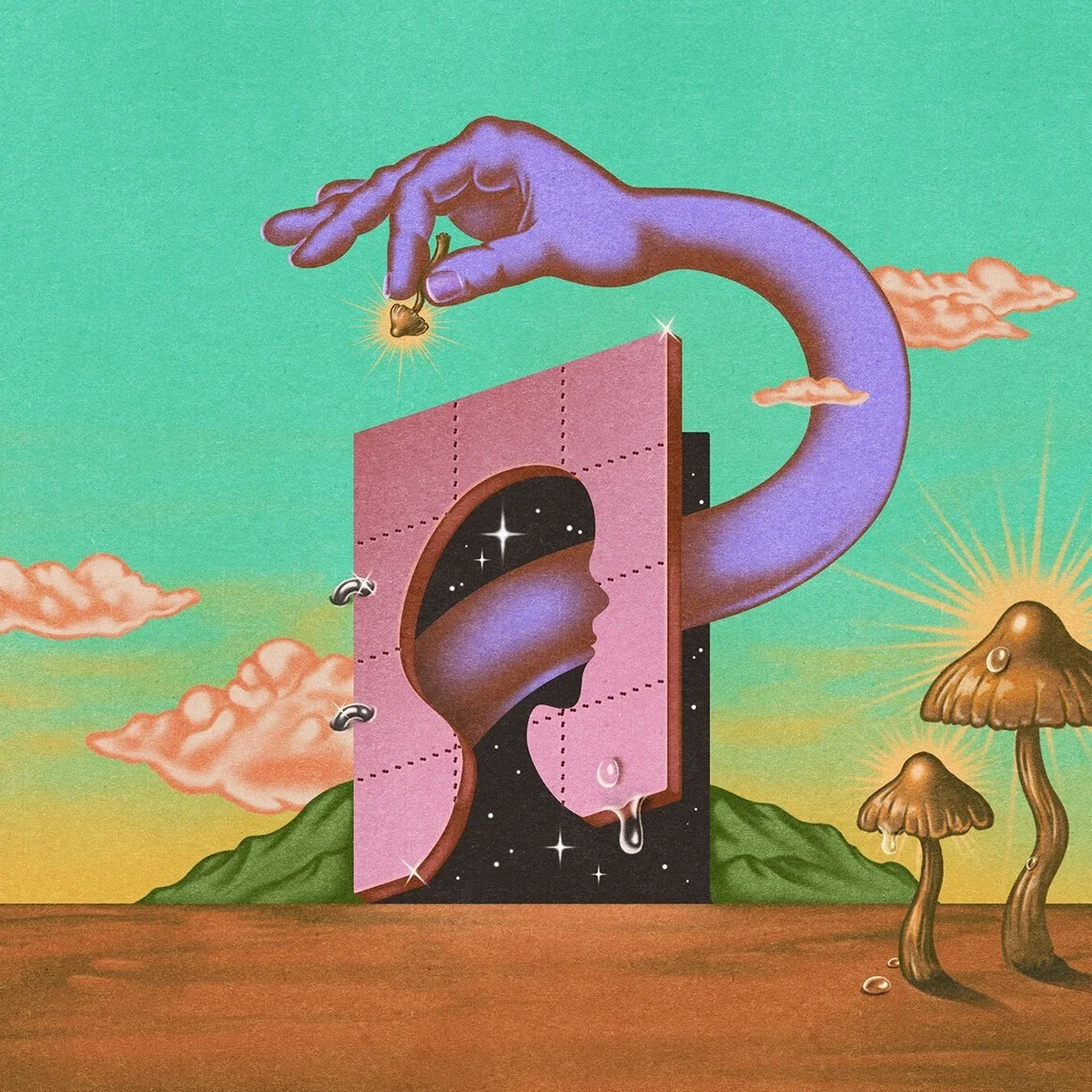Healing the Unseen Wounds: A Journey Through PTSD and Psychedelic Therapy
Post-Traumatic Stress Disorder (PTSD) is a complex and often debilitating mental health condition that can arise after exposure to a traumatic event. Conventional treatments, while beneficial for many, may not provide relief for everyone. In recent years, there has been growing interest in the potential of psychedelic therapy as a transformative approach to healing PTSD. In this exploration, we delve into the intersection of PTSD and psychedelics, examining the promising avenues of healing that are emerging.
Understanding PTSD:
Definition:
PTSD is a mental health condition that can develop after experiencing or witnessing a traumatic event. Symptoms may include flashbacks, nightmares, severe anxiety, and uncontrollable thoughts about the event.
Traditional Treatments:
Common treatments for PTSD include psychotherapy, cognitive-behavioral therapy (CBT), and medications such as selective serotonin reuptake inhibitors (SSRIs) and serotonin-norepinephrine reuptake inhibitors (SNRIs).
The Promise of Psychedelic Therapy:
Psychedelics and the Brain:
Psychedelics like psilocybin and LSD have shown promise in altering brain function in ways that may be particularly beneficial for individuals with PTSD. These substances can influence neural pathways related to fear response and emotional processing.
Breaking the Cycle of Fear:
One hallmark of PTSD is the persistent activation of the fear response even in non-threatening situations. Psychedelic therapy, through its impact on brain networks, has the potential to disrupt this cycle of fear and offer individuals a new perspective on their traumatic experiences.
Emotional Release and Processing:
Psychedelics are thought to facilitate emotional release and processing, allowing individuals to confront and navigate the emotions associated with their trauma. This can lead to a profound sense of catharsis and relief.
Enhanced Therapeutic Alliance:
Psychedelic therapy often involves a therapeutic alliance between the individual and the therapist. The altered state induced by psychedelics may enhance the therapeutic alliance, fostering trust, openness, and a deeper exploration of traumatic memories.
Current Research and Clinical Trials:
MAPS and MDMA-Assisted Therapy:
The Multidisciplinary Association for Psychedelic Studies (MAPS) is conducting research on MDMA-assisted therapy for PTSD. Preliminary results have shown promising outcomes, with participants experiencing significant reductions in PTSD symptoms.
Psilocybin and Trauma:
Research on psilocybin-assisted therapy for various mental health conditions, including PTSD, is also underway. Studies suggest that psilocybin may help individuals process trauma and alleviate symptoms.
Considerations and Caution:
Legal and Ethical Considerations:
While research is ongoing, the legal and ethical considerations surrounding the use of psychedelics for PTSD treatment are crucial. Current trials are conducted in controlled settings with trained professionals.
Individual Variability:
Responses to psychedelic therapy can vary, and not everyone may benefit. Individual factors such as mental health history, medication, and personal readiness for the experience must be considered.
Conclusion:
As research into the therapeutic applications of psychedelics expands, the potential for a paradigm shift in PTSD treatment becomes increasingly evident. The journey through PTSD and psychedelic therapy offers hope for those who have faced the enduring impact of trauma, providing a path towards healing the unseen wounds and reclaiming a sense of peace and wholeness. While challenges and questions remain, the evolving landscape of psychedelic-assisted therapy invites a new chapter in mental health care, where innovative approaches hold the promise of transformative healing.
